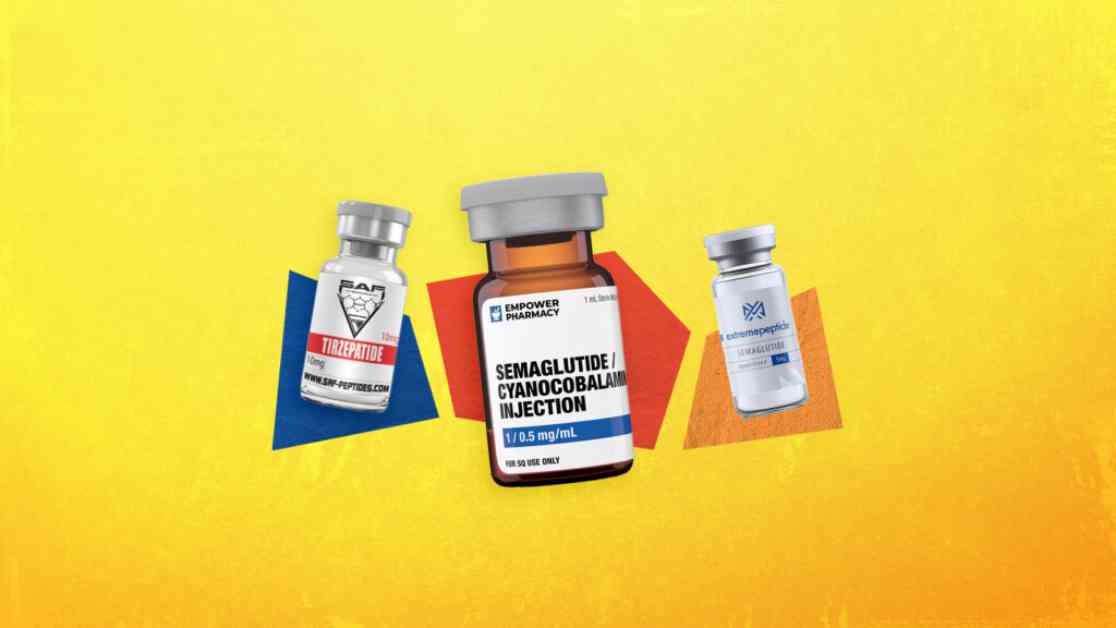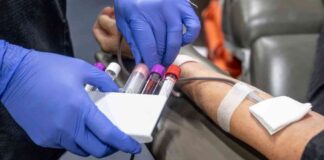In light of the ongoing shortages of obesity and diabetes medications known as GLP-1s, many patients have turned to various sources for these drugs, including illegal online pharmacies that sell non-branded versions without a prescription. A recent study published in JAMA Network Open revealed that semaglutide purchased from these illicit sites often contained higher amounts of the drug than indicated on the label, with one sample showing signs of potential bacterial contamination.
The risks associated with non-branded versions of popular obesity medications have been increasing, leading to concerns about patient safety. The Food and Drug Administration (FDA) recently issued an alert about compounded GLP-1s, citing adverse events such as severe vomiting due to dosing errors. Australia even banned compounded versions of these drugs due to safety concerns.
The rise in calls to America’s Poison Centers related to GLP-1 exposures further underscores the dangers posed by these medications. Compounded drugs, which are not FDA-approved or evaluated for safety and effectiveness, have become more prevalent in the absence of readily available branded medications like Zepbound and Wegovy.
One of the major risks associated with non-branded drugs is the potential for dosing errors, as patients are required to assemble the correct dose themselves using a syringe. This increases the likelihood of medication errors, as demonstrated by the high percentage of calls to poison control centers related to compounded GLP-1 exposure.
The study on semaglutide from illegal online pharmacies highlights the additional risks posed by purchasing medications from unregulated sources. Researchers found that the vials purchased from these sites contained significantly more semaglutide than indicated and showed signs of unsterile conditions during manufacturing. These findings underscore the dangers of buying prescription drugs from illegitimate sources.
Physicians have expressed concerns about the risks associated with counterfeit and compounded GLP-1s, especially as patients seek alternative sources due to drug shortages and lack of insurance coverage. Patients are advised to be cautious when purchasing medications online without a prescription and to seek FDA-approved drugs from legitimate pharmacies.
As the availability of compounded semaglutide may decrease with the improvement in the supply of branded medications, patients are encouraged to consult healthcare professionals before using any medications obtained from questionable sources. It is essential to prioritize patient safety and ensure that medications are obtained from reputable sources to avoid potential risks and complications.


















